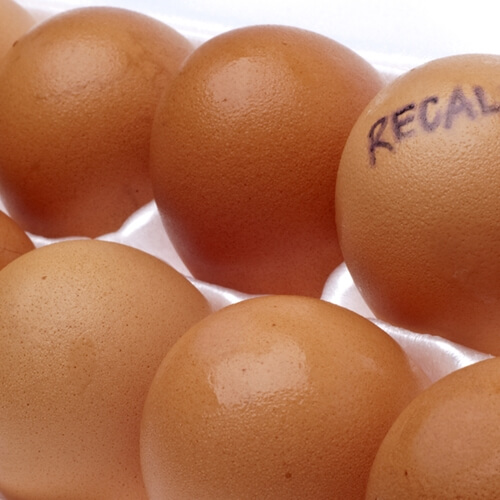3 More Hacks All Chefs Need In The Kitchen

Time is of the essence, and that’s especially true when it comes to cooking. With so much to do – like chopping, blending, cutting and stirring – and the clock working perpetually against you, all chefs need every bit of help they can muster if they’re going to nail that next big meal. You may already have a handful of tips and tricks, but that doesn’t mean you can’t add more to your very own cooking manual. Here are three hacks every chef should jot down:
Keep fruit from browning
You may have noticed that some fruits and vegetables begin to brown much faster than other kinds. That’s because some of these items are more sensitive to the external atmosphere, and chemicals in the air can cause them to break down rather quickly. To delay this process, there are a couple different options available. Certain fruits and veggies – like asaparagus, celery, onions, figs and cauliflower – need to be stored stem down, which reduces their exposure to outside moisture and helps to offset the browning process. Meanwhile, wrapping the ends of bananas with paper towel actually blocks the release of ethylene and prevents premature ripening.
Check your eggs’ freshness
There is nothing that can spoil a recipe faster than rotten eggs. Luckily, there is a way to tell if you’ve got a bad egg on hand or not. Simply fill up a bowl of water and gently lower each egg in one by one. If the egg floats, it’s already well past its date of expiration and should be tossed posthaste. However, if it sinks to the bottom the egg is still OK to cook with and consume. Older eggs float because, as time goes on, liquids inside the egg begin to evaporate, eventually leaving a sizable pocket of air within the actual egg shell. Organic eggs seem to prove especially problematic when it comes to maintaining freshness, so be cautious when going the chemical-free rout.
Don’t forget the cinnamon
Splattered oil can be a huge problem in the kitchen. Not only does it damage the stovetop and nearby counter space, it can also prove quite painful if oil splashes any exposed skin. So, then, what’s the solution? According to The Thrillist, all you need are a few teaspoons of cinnamon, which you add into the oil itself. Chefs in the Philippines reportedly use cinnamon to great effect, and experience almost no spillage when frying fish or vegetables. Plus, they don’t have to worry about a cinnamon aftertaste as most of the spice burns away during the cooking process.
Be sure to implement these hacks and more during your time in culinary academy.


